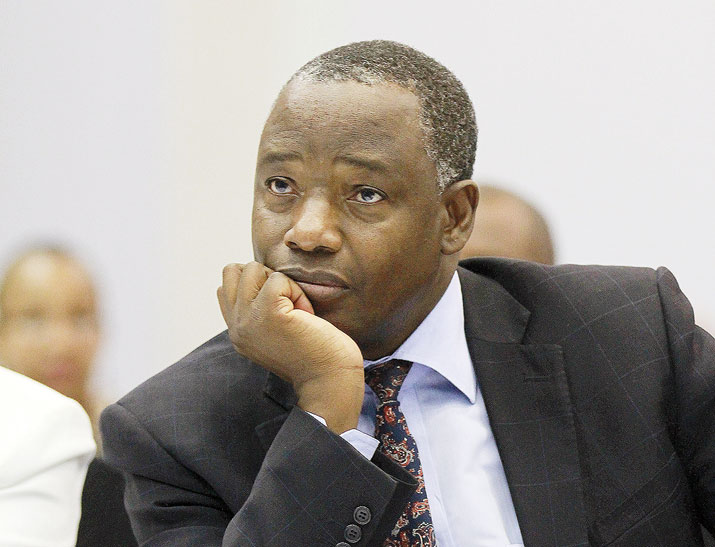The Managing Director of Magnum Gas & Power, a Sydney-listed energy exploration and development company which has project areas in the central and northern regions of Botswana, has said that Botswana has a ‘significant and well known’ traditional coal resource but believed that it would remain a stranded asset until the infrastructure required to transport it to port was developed.
Trent Wheeler was quoted in miningweekly.com, saying this amid his company’s lauding of Botswana’s coalbed methane (CBM) as the energy source offering the best value proposition for the State and the region. Magnum Gas & Power is eyeing coalbed methane prospects in Botswana.
“CBM is a far better value proposition to traditional coal, not least of all because it is a flexible, clean fuel source that can either be used as a gas, or can be converted to diesel or liquid natural gas. It can also be compressed and used as a feedstock for ammonium nitrate, which is extensively used in mining explosives in the region,” he was quoted as saying. It is further reported that he said that the exploitation of this natural energy source could also be used to mitigate the region’s energy crisis.
Wheeler’s statement comes just a month after the Ministry of Minerals, Energy and Water Resources had said that though Botswana has massive coal reserves, lack of appropriate and dedicated infrastructure to move it to the markets has made it difficult to develop the large coal resources which the country is endowed with. Botswana boasts of an estimated 212 billion tons of coal reserves.
Minister Kitso Mokaila early last month travelled to India to meet the Indian ministers of State for Coal and that of Railways to discuss amongst other things, the collaboration on the coal beneficiation, infrastructure development and expertise on issues related to coal.
Speaking to The Gazette during the week Mokaila travelled to India, the Chief Executive Officer of Botswana Chamber of Mines, Charles Siwawa said Botswana was in negotiations with neighbouring countries to build a heavy haul railway network to sea ports in Walvis Bay in Namibia, Richards Bay in South Africa and Mozambique’s Ponta Techobanine, which upon completion, will see the country exporting close to 130 million tons of coal per year, compared to the current exportation of just 3 million tons.

